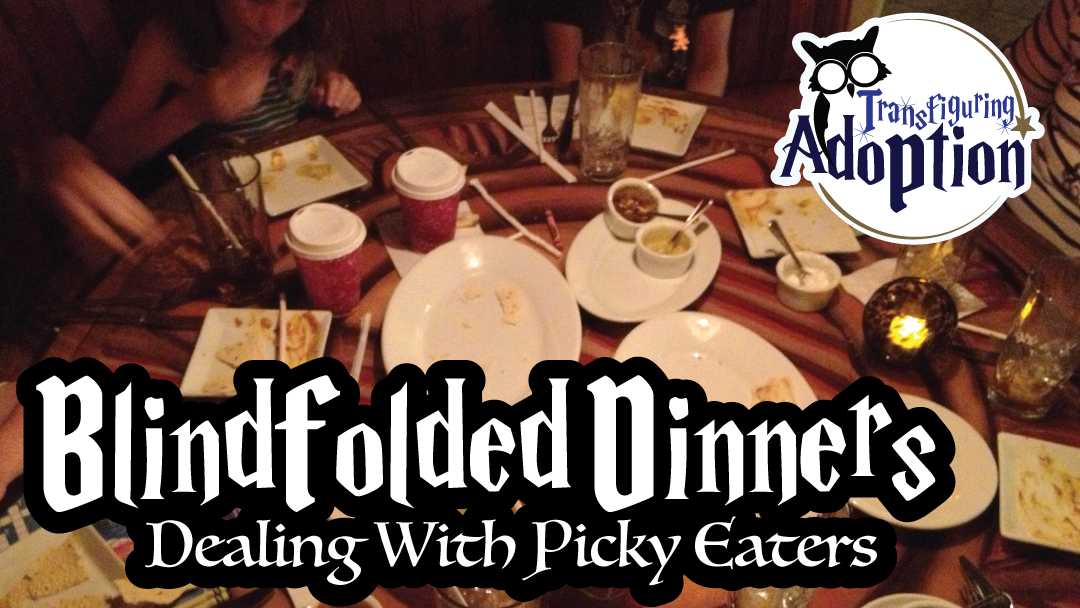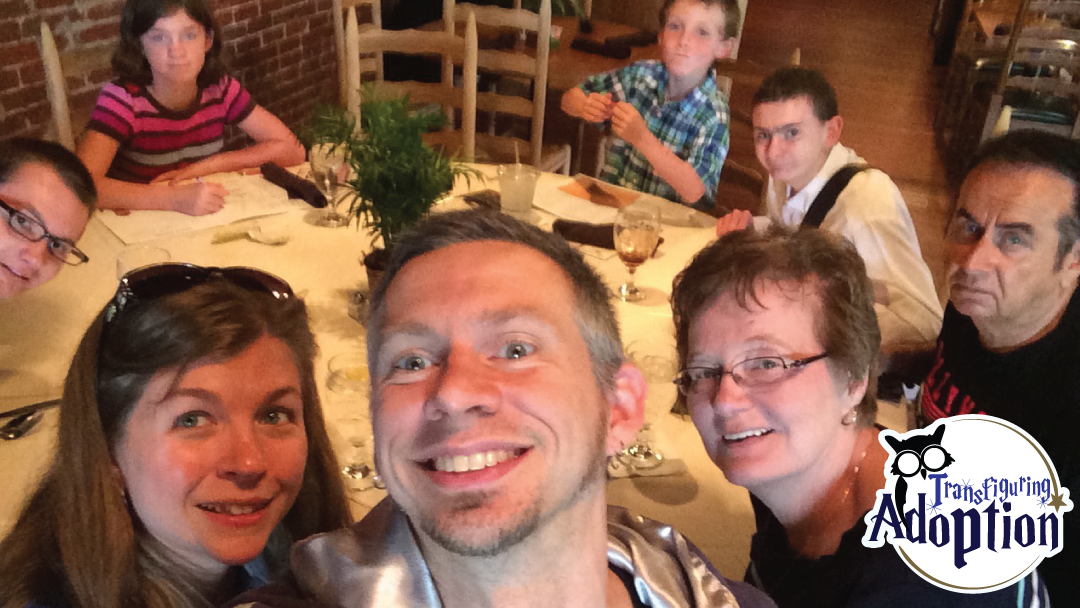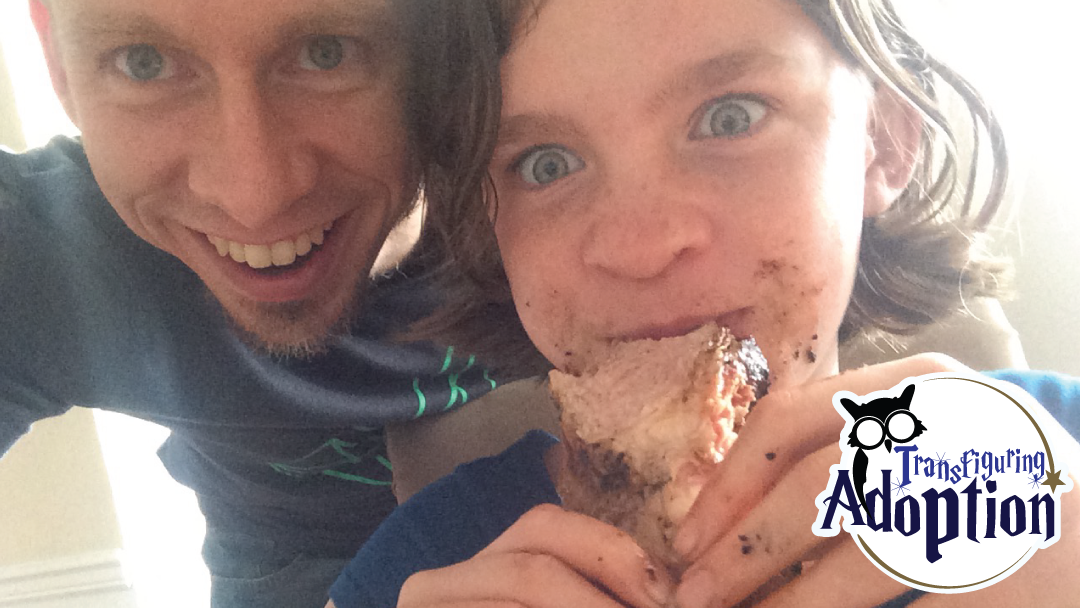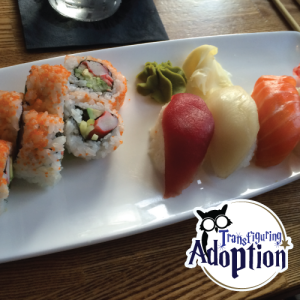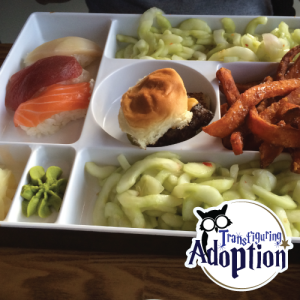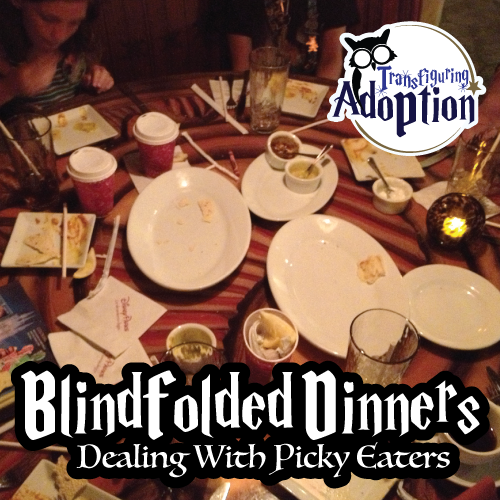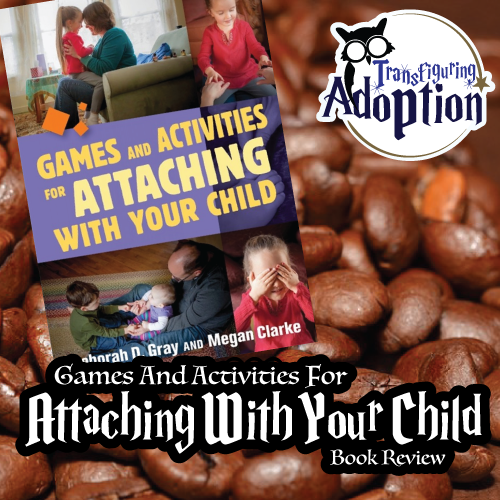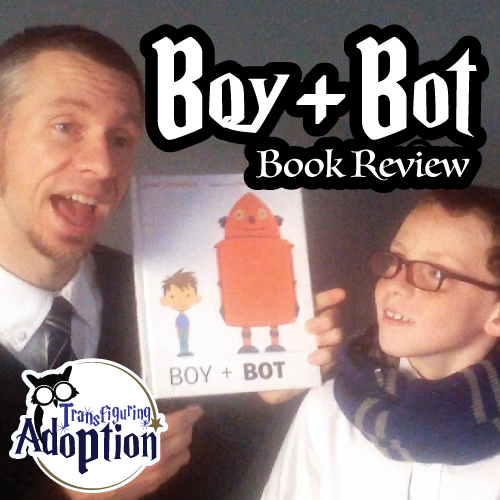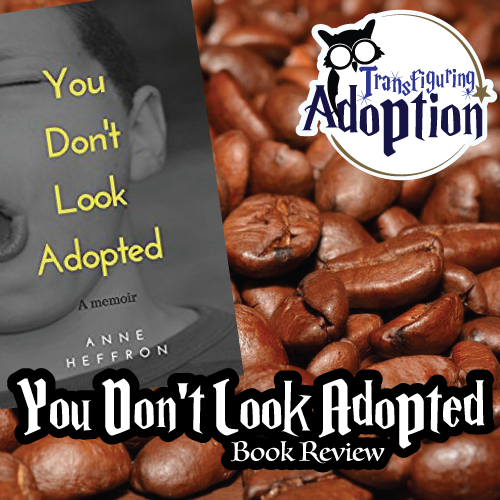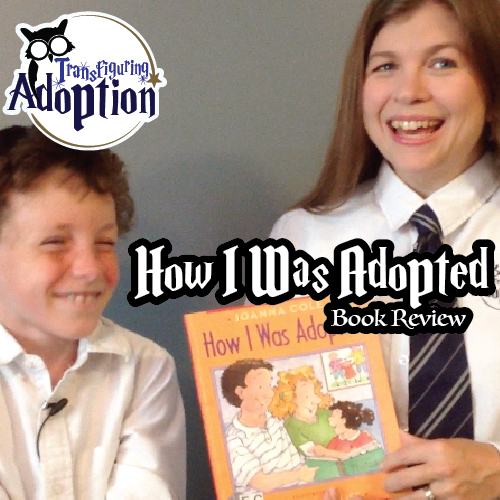“What’s that?!” “I’m not eating THAT!”
“That’s gross!”
“I don’t like that stuff!” “But you’ve never tried it!”
“My mom told me I don’t have to eat what you make!”
Have you heard these comments at your dinner table? Do your kids claim they are starving, but refuse to even look at what you’ve prepared? Do they steal and hoard food? Do they binge, never having a self-awareness of when they are full, and vomit as a result?
The Battle to Nourish Our Kids
You are not alone! Parents of typically developing, biological children fight these battles, but parents of children who have been adopted, who are in foster care, or who have special needs see these issues amplified. Not only are these difficulties rampant in certain groups of children, but foster and adoptive parents are told by professionals that food and eating issues should never be a battleground.
Even more so than biological children who have been nurtured with good nutrition before and after birth, kids from traumatic beginnings often fight malnutrition, slow growth, absorption problems, and more! As foster and adoptive parents, we long to nourish these children physically, but they fight us every step. With kiddos in our house who were very malnourished, I became the master at sneaking in nutrition in any way I could. Protein powders, fiber, and vitamins went in smoothies. Vegetables went in pasta sauce, brownies, muffins, meatballs, and more.
Eating Is a Social Skill
Eating is not solely about nutrition. It is cultural and social. We love to travel, and we wanted our children to find a sense of adventure when it comes to food and travel. We also desire for them to learn the social skills of being gracious guests whether with our friends or family or on an overnight at a friend’s house. We also wanted them to develop an understanding that turning down food is perceived differently in different cultures and that tact is required to not hurt others’ feelings when they have worked hard to prepare food that you don’t like.
Mealtime Fun
While I was mastering nourishing the kids, we were still struggling with getting them to try new things, and frankly, I could not eat another hot dog or can of baked beans. Darren and I collaborated on a two part idea. First, we would present a new food, but only after everyone was wearing a blindfold. This helped eliminate decisions about taste based on how a food looks. It also made eating a family adventure. They saw it as a game and became willing participants in food experimentation. Food journals comprised the second part of the adventurous experiment. After we tried a meal as a family, each of the kids had a decorative journal where they recorded the name of the meal and either words or pictures (depending on their developmental level) to describe how they felt about it. It gave us a great reference to look back at when deciding whether or not to cook a meal again.
Success
Our formerly pickiest eater, who ate only hot dogs, food out of cans, and junk food, now regularly declares I am the best cook in the world. During our adoption celebration vacation, he tried curried lamb and loved it. His taste buds have become so expanded, and he willingly tries new things. While he is not a fan of sushi or seafood, two of the others share my love of both! We rarely have issues getting the kids to try new foods, and they will eat whatever is put in front of them, whether they love it or not, though they may pick at it for a while. We no longer use the blindfolds or food journals, but the kids still talk fondly of those days, they still have their journals, and they occasionally ask if we can do it again. Making mealtime a fun, family adventure changed the dynamics at the dinner table and what and how our children eat.
Now It’s Your Turn:
- What difficulties have you had with food in your home?
- What strategies have you found helpful?
For more ideas and background information about feeding issues, nutrition, and adoption, check out these resources:
- Adoption Nutrition website
